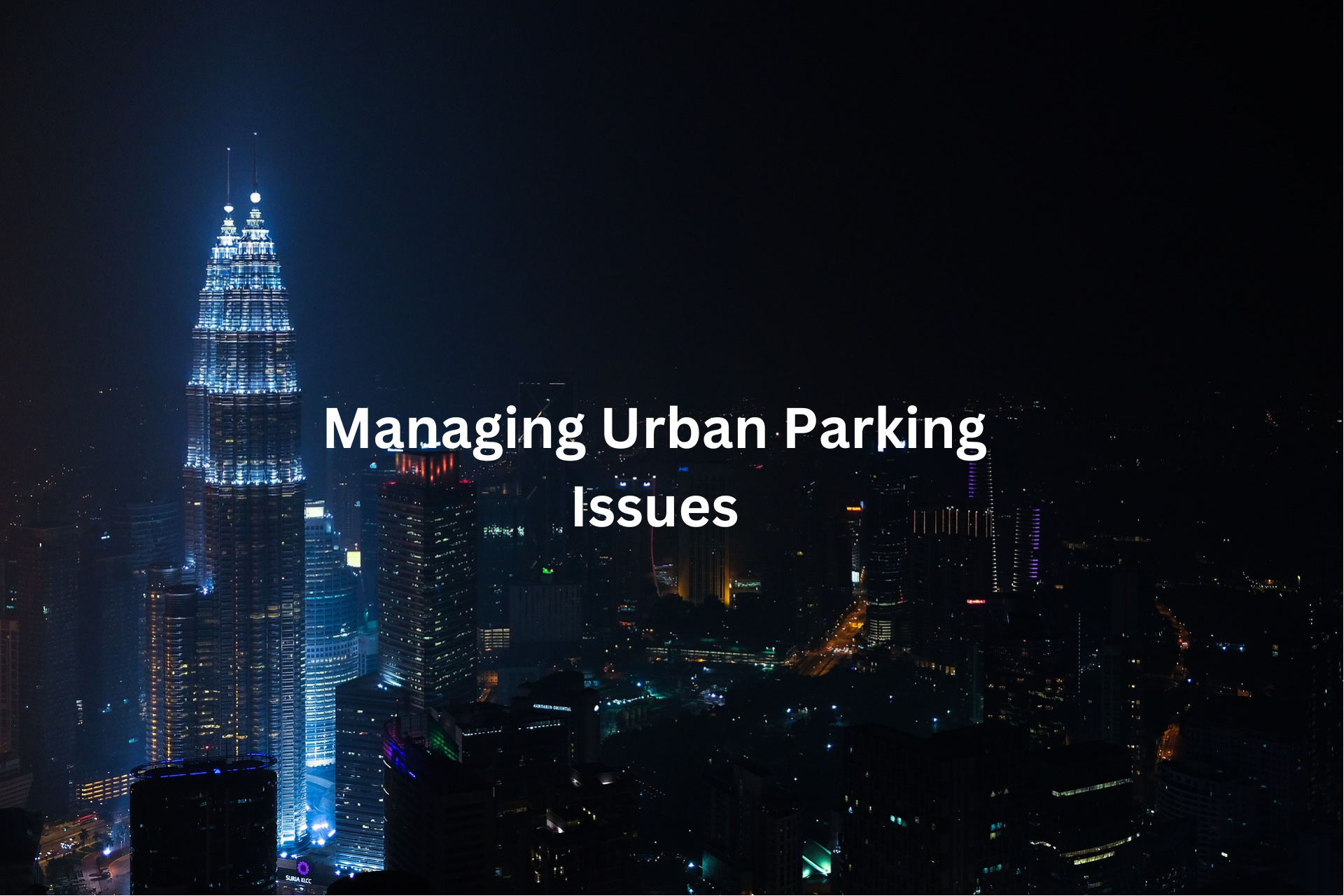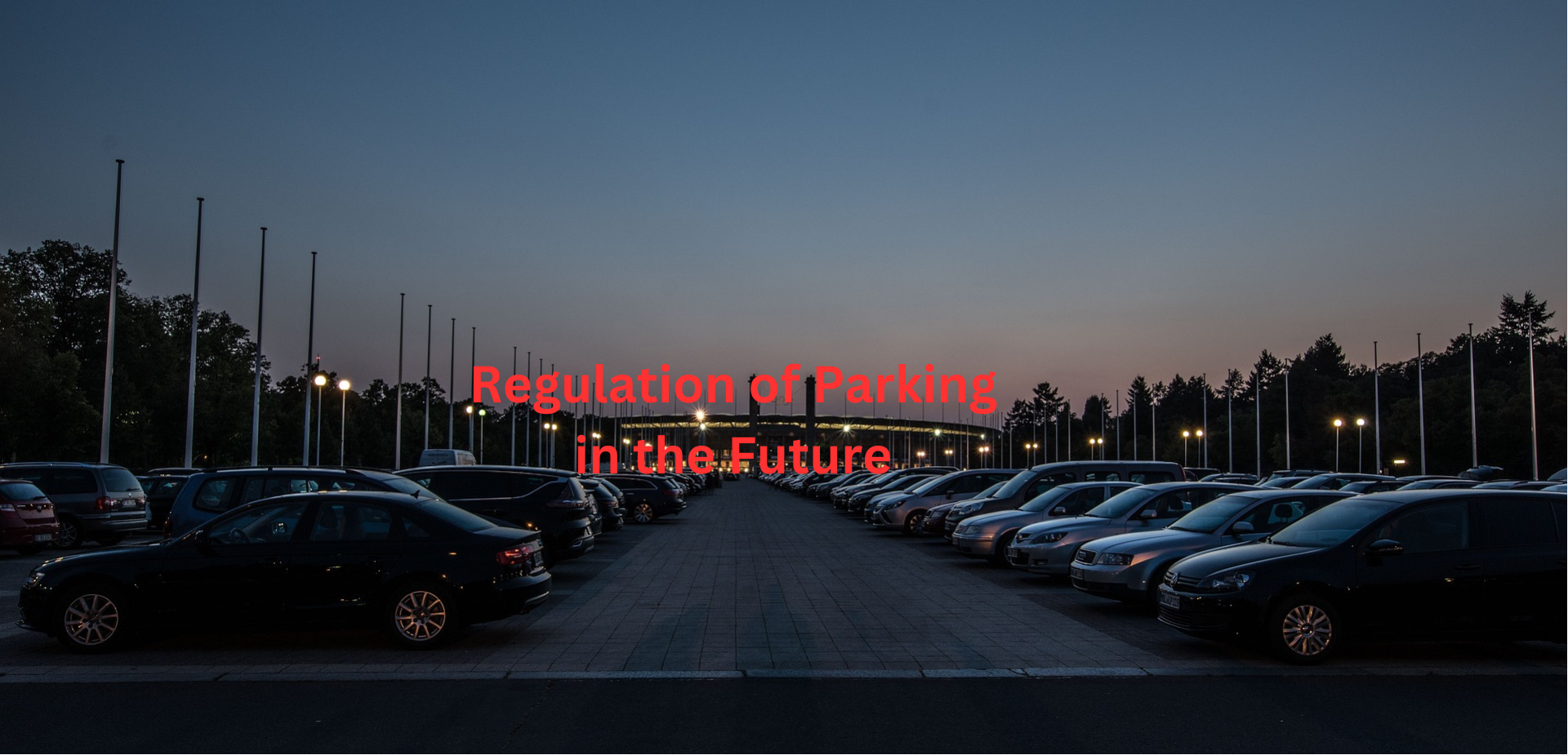Managing Urban Parking Issues
As urban areas continue to grow and face increasing demands on limited parking spaces, addressing urban parking concerns has become a pressing issue. The struggle to find available parking spots, long queues at parking facilities, and unauthorized parking contribute to the frustration of urban dwellers and visitors. In response, innovative solutions are being sought to ease these concerns and optimize parking management. This article explores various strategies and technologies aimed at alleviating urban parking concerns, providing insights into how cities can enhance parking availability, improve traffic flow, and create a more convenient and stress-free parking experience.
Enabling Smart Parking Infrastructure
Smart parking infrastructure, integrating advanced technologies such as sensors, data analytics, and mobile applications, has the potential to revolutionize parking management systems. This article examines the benefits and potential of smart parking infrastructure, highlighting how it can enhance parking efficiency, reduce congestion, and improve the overall urban mobility experience. Real-time parking availability updates and seamless payment solutions contribute to a more connected and convenient urban parking ecosystem.
Embracing Non-Motorized Means of Travel
To address issues like traffic congestion, air pollution, and limited parking spaces, cities are recognizing the need to embrace non-motorized means of travel. This article explores the benefits and strategies of promoting walking, cycling, and other non-motorized transportation options. Embracing non-motorized travel not only improves public health and reduces environmental impact but also enhances urban mobility. Investing in infrastructure, safety measures, and fostering a culture of active transportation leads to healthier and more sustainable communities.
Enhancing Commuter Parking Facilities
Adequate parking facilities are crucial for a seamless and stress-free commuting experience. This article highlights the importance of enhancing commuter parking facilities and explores strategies to improve accessibility, capacity, and efficiency. Investing in innovative technologies, optimizing space utilization, and integrating smart parking solutions can alleviate congestion, promote sustainable modes of transportation, and benefit both individual commuters and overall urban mobility.
Revamping Multi-Level Parking Facilities
As urban populations grow and space becomes limited, optimizing parking solutions becomes paramount. This article emphasizes the importance of revamping multi-level parking facilities to address common challenges such as outdated design, limited capacity, and inefficient traffic flow. By implementing modern technologies, improving signage and wayfinding systems, and prioritizing safety and accessibility, revamped multi-level parking facilities can better meet the needs of urban dwellers, reduce congestion, and contribute to more efficient and sustainable urban environments.
Deploying Variable Rate Pricing Models
In the dynamic urban landscape, traditional fixed-rate pricing models may not effectively address diverse parking needs. Deploying variable rate pricing models can optimize parking utilization, revenue generation, and traffic management. This article explores the concept of variable rate pricing and its potential to revolutionize the parking industry. Leveraging data-driven insights, real-time occupancy monitoring, and demand-responsive algorithms, variable rate pricing encourages parking turnover, incentivizes alternative transportation options, and maximizes parking space utilization. This innovative approach creates a fair and adaptable pricing system that caters to the ever-evolving needs of urban dwellers.
By implementing these strategies and leveraging innovative technologies, cities can alleviate urban parking concerns and create a more efficient and convenient parking experience for residents and visitors.



